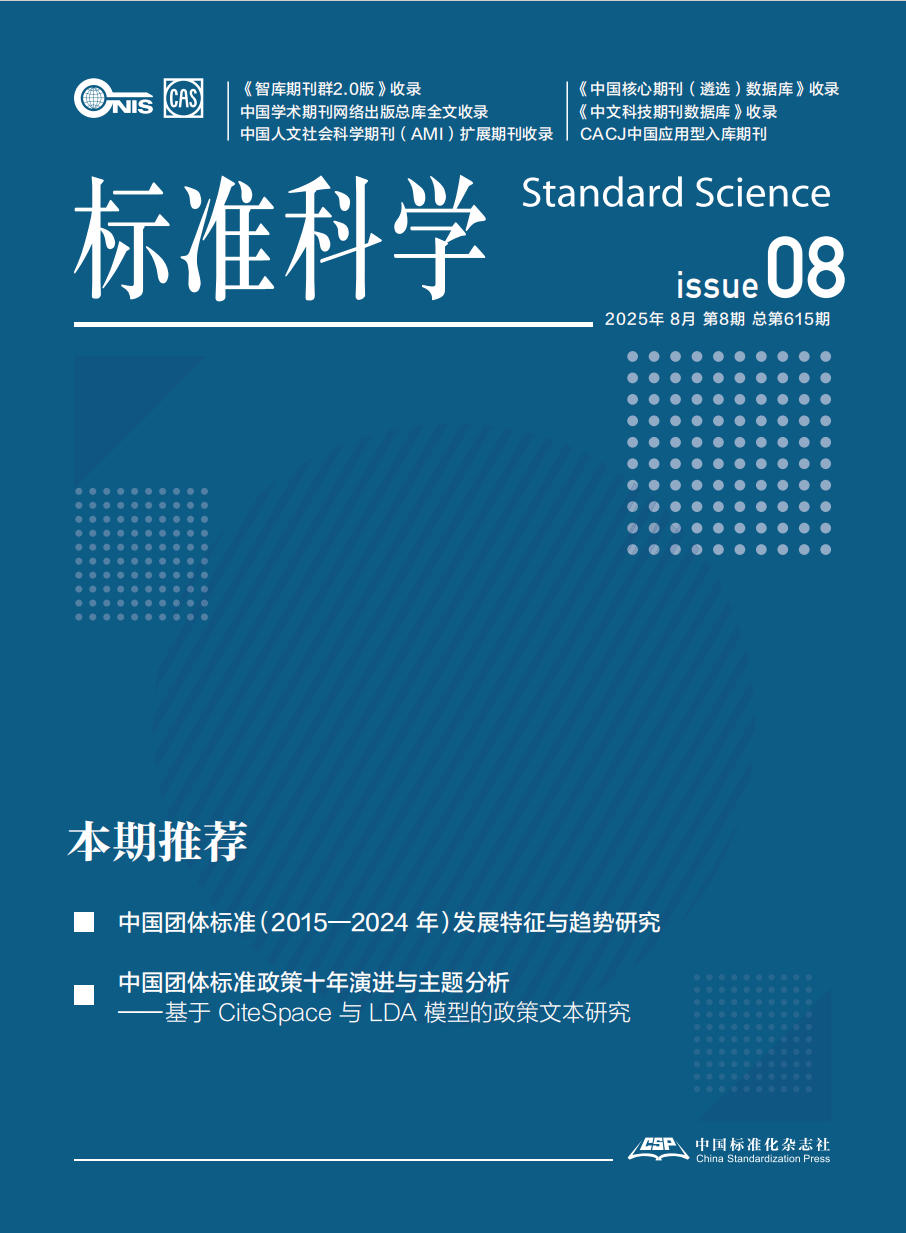
主管单位: | 国家市场监督管理总局 |
主办单位: | 中国标准化研究院 中国标准化协会 |
国内刊号: | CN11-5811/T |
国际刊号: | ISSN1674-5698 |
创刊时间: | 1964年 |
出版周期: | 月刊 |

DOI:10.3969/j.issn.1674-5698.2025.11.002
作者:刘娜;施颖;胡心如;郝素利
关键词:人工智能;消费者权益;标准化路径;全球治理
Author:LIU Na;SHI Ying;HU Xinru;Hao Suli
Keywords:artificial intelligence; consumer rights; standardization path; global governance
摘要:
【目的】针对人工智能全球化应用中消费者主体性缺失、隐私安全风险及跨国监管碎片化等问题,构建以消费者权益保障为核心的全球AI治理新范式,实现技术发展与公平治理的平衡。【方法】采用文献分析与案例比较法,系统梳理ISO等国际标准体系及中国、美国、加拿大三国的政策实践;基于双重效应理论,深入剖析人工智能给消费者权益带来的机遇与潜在风险;在此基础上整合现有国际治理框架,探索标准化协同路径的构建逻辑。【结果】研究发现,人工智能在赋能消费者福祉提升的同时,数据滥用等问题加剧了消费者隐私安全与权益公平性危机;各国人工智能治理模式因技术发展阶段、法律体系差异而呈现不同特点,跨国监管协作的缺失导致治理效能不足,亟须强化国际协作;据此提出四维标准化路径,具体包括整合国际规范共识转化为技术标准、建立全流程风险治理框架、强化数据主权保障机制、构建“认证-监管”协同联动机制。【结论】全球人工智能治理需依托多元主体共治模式与区域规则有效衔接,将消费者权益保障嵌入标准设计全流程,通过技术规范与法律责任的闭环衔接,最终实现技术创新与社会公正的协同发展。
Abstract:
[Objective] This study aims to address key challenges in the global application of artificial intelligence (AI)—such as the erosion of consumer autonomy, privacy and security risks, and fragmented transnational regulation—by proposing a new global AI governance paradigm centered on the protection of consumer rights, so as to balance technological advancement with equitable governance. [Methods] Through literature analysis and comparative case studies, this research systematically examines international standards systems (e.g., ISO) and policy practices in China, the United States, and Canada. Grounded in the dual-effect theory, it further analyzes the opportunities and potential risks that AI poses to consumer rights. On this basis, an integrated international governance framework is constructed to explore the logic of building a coordinated standardization pathway. [Results] The study reveals that while AI enhances consumer well-being, issues such as data misuse exacerbate crises related to consumer privacy, security, and equity. Moreover, AI governance models vary across countries due to differences in technological development stages and legal systems, and the lack of cross-border regulatory coordination undermines governance effectiveness, highlighting the urgent need for international collaboration. Accordingly, a four-dimensional standardization pathway is proposed, including: integrating international normative consensus into technical standards; establishing a full-process risk governance framework; strengthening data sovereignty safeguards; and building a coordinated “certification–supervision” mechanism. [Conclusion] Effective global AI governance should be based on a multi-stakeholder co-governance model that aligns regional rules and embeds consumer rights protection across the entire standard-design process. By forming a closed loop between technical norms and legal accountability, the coordinated development of technological innovation and social justice can ultimately be achieved.
引用格式:刘娜,施颖,胡心如,等.消费者权益保障视角下的人工智能治理标准化路径研究[J].标准科学,2025(11):16-26.
基金项目:本文受中国标准化研究院基本科研业务费资助项目“代驾服务质量提升关键要素与标准研究项目”(项目编号:602025Y-12513);北京市教育科学“十四五”规划一般课题“首都高等教育数字化转型能力评价模型和方法研究”(项目编号:3040-0009);航空科学基金项目“航空人工智能标准化体系研究”(项目编号:2022Z064004001)资助。
作者简介:刘娜,博士,副研究员,研究方向为服务标准化、消费者保护研究。施颖,通信作者,博士,副教授,研究方向为标准系统工程与方法、管理决策理论与方法。胡心如,博士研究生,研究方向为标准系统工程与方法、管理决策理论与方法。郝素利,博士,教授,研究方向为标准系统工程与方法、管理决策理论与方法。

主管单位: | 国家市场监督管理总局 |
主办单位: | 中国标准化研究院 中国标准化协会 |
国内刊号: | CN11-5811/T |
国际刊号: | ISSN1674-5698 |
创刊时间: | 1964年 |
出版周期: | 月刊 |
